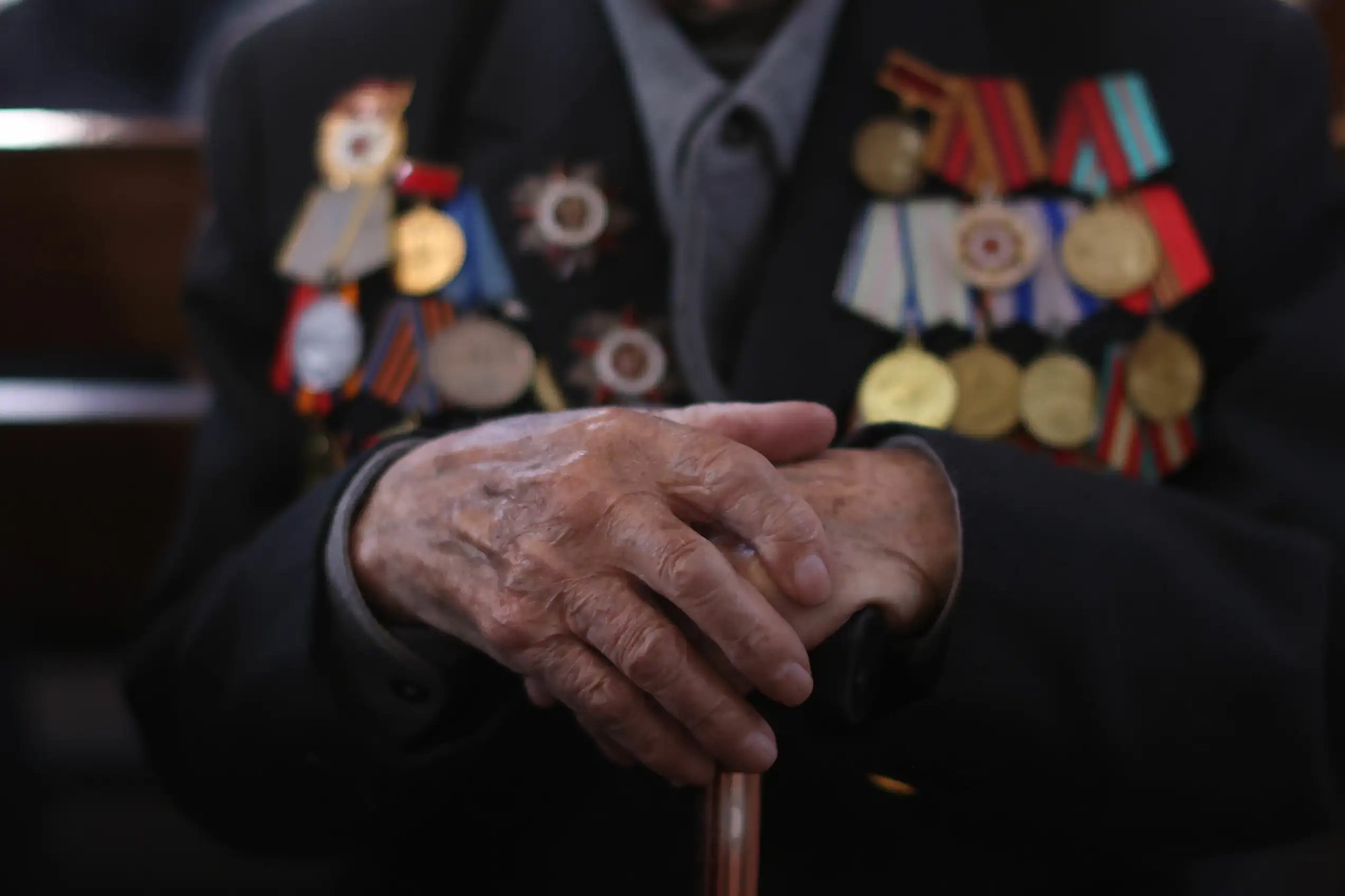
VA Aid & Attendance Pension - Eligibility Overview
VA Aid & Attendance Pension - Eligibility Overview
Learn if you or a loved one may meet the qualifications for the VA Aid & Attendance Pension.
We provide support with preparing your claim under the guidance of a VA-accredited attorney.
My Veteran Solutions is a private organization, not affiliated with the VA. All VA forms are available for free directly from the Department of Veterans Affairs.
Disclaimer
My Veteran Solutions is a private organization, not affiliated with the VA. All VA forms are available for free directly from the Department of Veterans Affairs.
General Eligibility Criteria
The Aid & Attendance Pension is a benefit offered by the U.S. Department of Veterans Affairs (VA) to help qualified wartime veterans and surviving spouses cover the cost of care needs such as help with bathing, dressing, or supervision due to memory issues.
To potentially qualify, the following must all be true:
-
You are a veteran who served at least one day during a recognized wartime period, with 90+ total days of active duty (or 24 months if post-1980)
-
You are age 65 or older, or permanently disabled
-
You require help with activities of daily living (ADLs) such as bathing, eating, or dressing.
-
You meet VA Income and asset guidelines.
You do not need to have a service-connected disability to qualify. .
Wartime Service Periods
To qualify, veterans must have served at least one day during an official wartime period recognized by the VA:
-
World War II: December 7, 1941 – December 31, 1946
-
Korean Conflict: June 27, 1950 – January 31, 1955
-
Vietnam War: In-country: February 28, 1961 – May 7, 1975 & All other locations: August 5, 1964 – May 7, 1975
-
Gulf War: August 2, 1990 – present (must have 24 months continuous active duty unless early discharge applies)
Understanding Activities of Daily Living (ADLs)
The VA considers these 8 ADLs when evaluating the level of care you need:
-
Bathing
-
Dressing
-
Eating
-
Toileting
-
Transferring (bed to chair)
-
Mobility
-
Medication management
-
Supervision due to cognitive decline
How We Help
My Veteran Solutions supports veterans and surviving spouses by helping them gather documentation and prepare their Aid & Attendance claim under the supervision of a VA-accredited attorney.
We do not offer or approve government benefits. All claims are reviewed and submitted to the VA by the applicant or their legal representative.
Our support includes:
- Initial eligibility review
- Guidance on required documentation
- Attorney-supervised claim preparation
- Case management and status tracking
Attorney Oversight:
Our services are directed by Chris Nabzdyk, a VA-accredited attorney in good standing.
Want to Know If You May Qualify?
Get a free, no-obligation eligibility review. We’ll help you understand the VA’s rules and whether you may meet the qualifications.
Want to Know If You May Qualify?
Get a free, no-obligation eligibility review. We’ll help you understand the VA’s rules and whether you may meet the qualifications.
Frequently Asked Questions
What documents do I need to apply?
You’ll typically need your discharge papers (DD-214), marriage or death certificate (for spouses), medical cost summaries, income records, and documentation of care needs.
How long does it take?
Processing time depends on case complexity and VA workload. Many claims are reviewed within 90–120 days, though delays are possible.
What happens if i'm denied?
You may appeal through the VA process. We can assist in preparing documents for resubmission, but final decisions are made solely by the VA.
I already receive VA disability. Can I also get A&A?
Yes — if you meet the medical and financial criteria, you may still qualify even if receiving other VA compensation.
